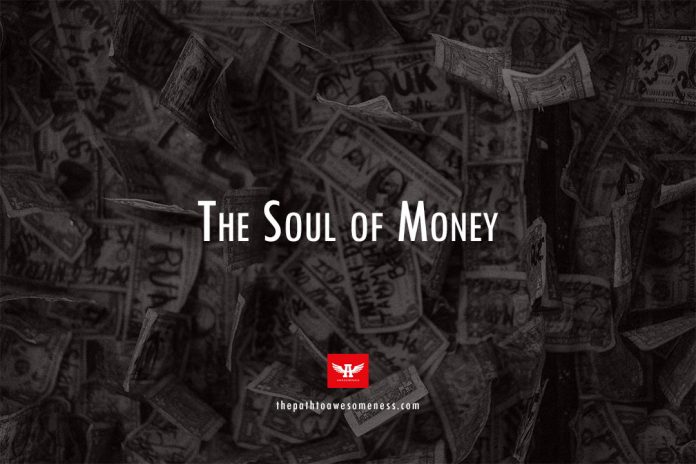
No matter how much or how little money you have flowing through your life, when you direct that flow with soulful purpose, you feel wealthy. You feel vibrant and alive when you use your money in a way that represents you, not just as a response to the market economy, but also as an expression of who you are. When you let your money move to things you care about, your life lights up. That’s really what money is for. – Lynne Twist, The Soul of Money
Money has a soul? I was first scoffing at the idea. And I thought this could be just another spiritual book on the topic of money with all those Universal laws and principles.
But when I had a chance to listen to Lynne Twist as a guest in a podcast, I heard her speak, “money is like water.” Then she continued saying along the lines of “and like water, you have to let its current flow… when you don’t, it becomes stagnant and toxic.”
AWE-Ha moment right there! Of course, water becomes stagnant if it doesn’t flow. The current of water is like the current of money — currency. AWE-Ha!
That’s what got me wanting to dive more into reading this book. I thirsted for more!
And boy, was I satisfyingly quenched. Lynne showed through her stories, particularly from her personal experience as a global activist and fundraiser, how those Universal laws and principles play out in real life.
Just in time as the financial (r)evolution is dawning upon us with the rise of cryptocurrency. Lynne’s teachings have had a huge influence on me as I explore investment opportunities. I became more intentional about where I “allocate” the money that flows through me. (Thanks to Tosha as well, I can no longer call it “my” money, hah!)
Truly, it has transformed my relationship with money for the better.
Now, yours will, too.
Money and Soul
Now, rather than relating to money as a tool we created and control, we have come to relate to money as if it is a fact of nature, a force to be reckoned with. This stuff called money, mass-produced tokens or paper bills with no more inherent power than a notepad or a Kleenex, has become the single most controlling force in our lives.
Money has only the power that we assign to it, and we have assigned it immense power.
We are born into a culture defined by money, and our initial relationship with money is the product of that culture.
Whenever I open up a conversation about cryptocurrency with my friends, all I hear is crickets. Like, did I say something wrong?
Especially the culture we have in the Philippines, any topic in regard to money is almost as forbidden as talking about God. And it’s probably because we’ve made a god out of money.
We assign it power. The tool we’re supposed to have control over ends up controlling us.
Yes, money has economic value. But it shouldn’t be the basis of our spiritual values, moral values, ethical values, and the other core human values we hold so dear in our lives. This is the “soul” that Lynne refers to.
These are the values we need to look at if we are to transform our relationship with money.
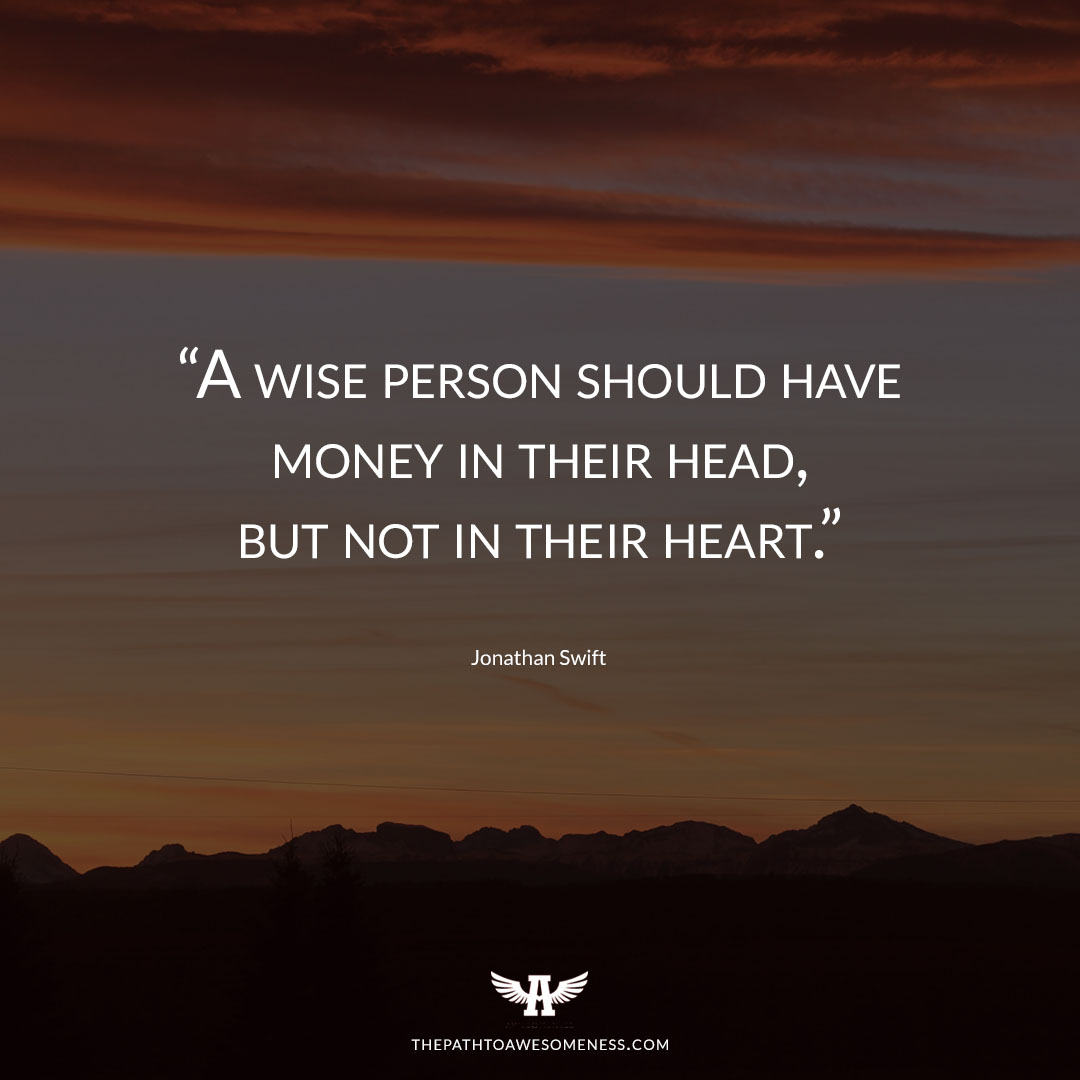
A Tool for Change and Transformation
When people were able to align their money with their deepest, most soulful interests and commitments, their relationship with money became a place where profound and lasting transformation could occur. Their money—no matter what the amount—became the conduit for this change.
The Hunger Project became Lynne’s primary teacher about money. As its fundraiser, money became the tool for expressing her deepest soulful commitments.
This is the lesson she wants to impart to us: when money is used for our soulful expression, it becomes a powerful tool not only for your personal transformation but also for the positive change in the world around you.
And when you come from your soul, you approach life with certainty. Whether it’s hunger, sickness, poverty, or any other issues, you know that they can be healed.
You start asking questions and you make different choices.
Lynne shares a few empowering self-inquiring statements:
- Who do I need to be to fulfill on the commitment I’ve made?
- What kind of human being do I need to forge myself into to make this happen?
- What resources do I need to be willing to bring to bear in myself and my colleagues and in my world?
When I align my decisions around money with my soul, I find myself at peace regardless of the outcome.
Let me ask you: if you had all the money in the world, what would you do?
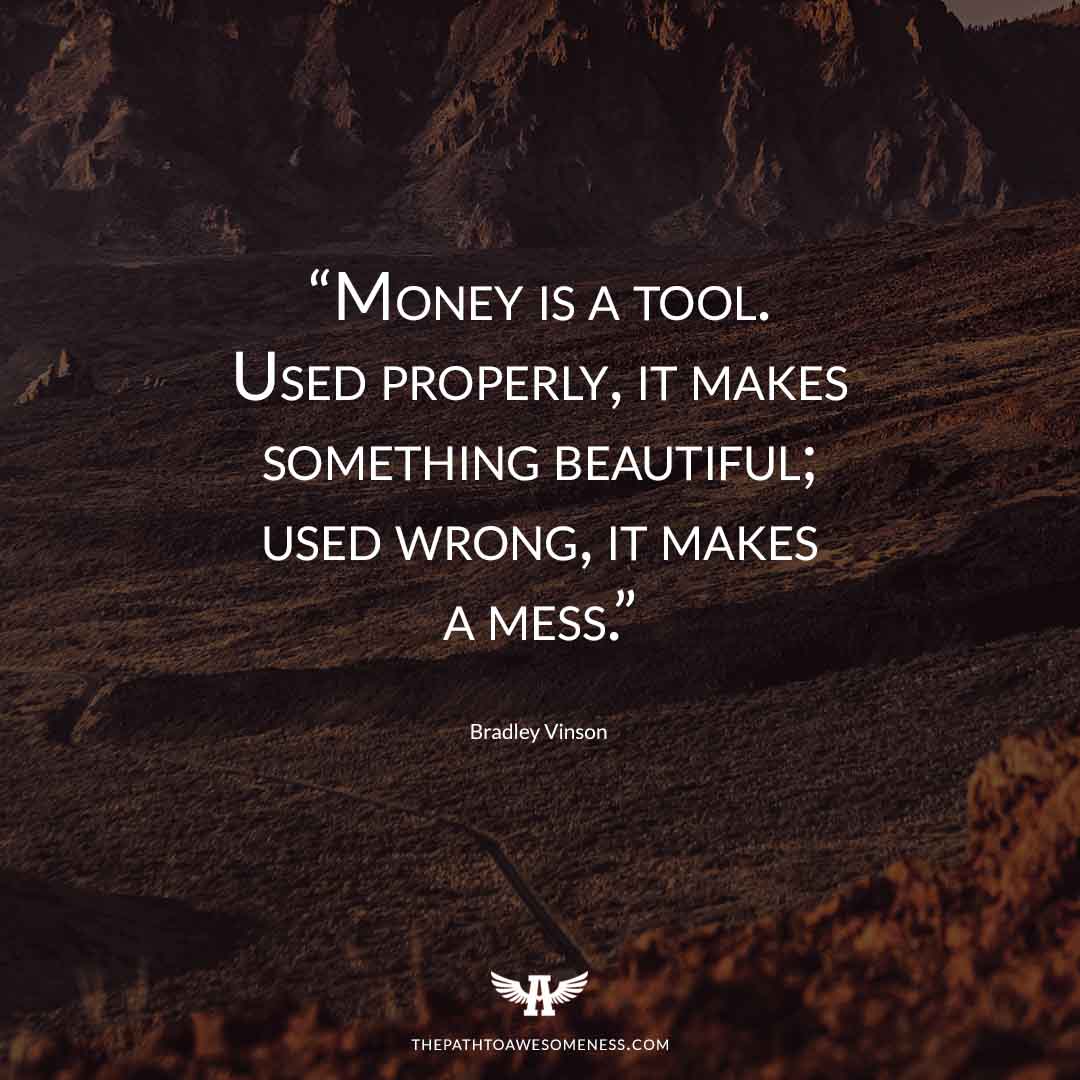
The Lie of Scarcity
When we step out of the shadow of this distorted and outdated system and the mind-set it generates, what we discover is this: Scarcity is a lie. Independent of any actual amount of resources, it is an unexamined and false system of assumptions, opinions, and beliefs from which we view the world as a place where we are in constant danger of having our needs unmet.
This mind-set of scarcity is not something we intentionally created or have any conscious intention to bring into our life. It was here before us and it will likely persist beyond us, perpetuated in the myths and language of our money culture. We do, however, have a choice about whether or not to buy into it and whether or not to let it rule our lives.
A lie? Look around and you’ll see it everywhere. There’s simply “not enough.” …Because we believe so!
Lynne says this is the case for most of us. We live — “be-live” — in a “not enough” world: not enough sleep, not enough time, not enough money, not enough everything.
On a second look, if we see it everywhere, doesn’t that signify there’s an abundance of it?
In one channeling session, Bashar says that even scarcity is the abundance of lack. We can NEVER not be in abundance. It’s simply a matter of perspective.
Here are the 3 toxic myths Lynne says we believe in if we come from the perspective of scarcity:
- Toxic Myth #1: There’s not enough – when we be-live in lack, we live in fear. And everything we think, say, and do becomes an expression of that fear.
- Toxic Myth #2: More Is Better – which drives us to be in competition with one another and puts us in the vicious cycle of chasing more. But that chase will take us nowhere because we go after a destination we can never arrive at. In the pursuit of some future net worth, we leave behind our self-worth that has been here now and always.
- Toxic Myth #3: That’s Just the Way It Is – we think there’s no other way of doing things and we just have to play the game.
These are what Lynne refers to as “life sentences” that limit the possibilities of changing our relationship with money.
Let’s replace those periods with question marks, shall we? And ask ourselves, “Is there another way?”
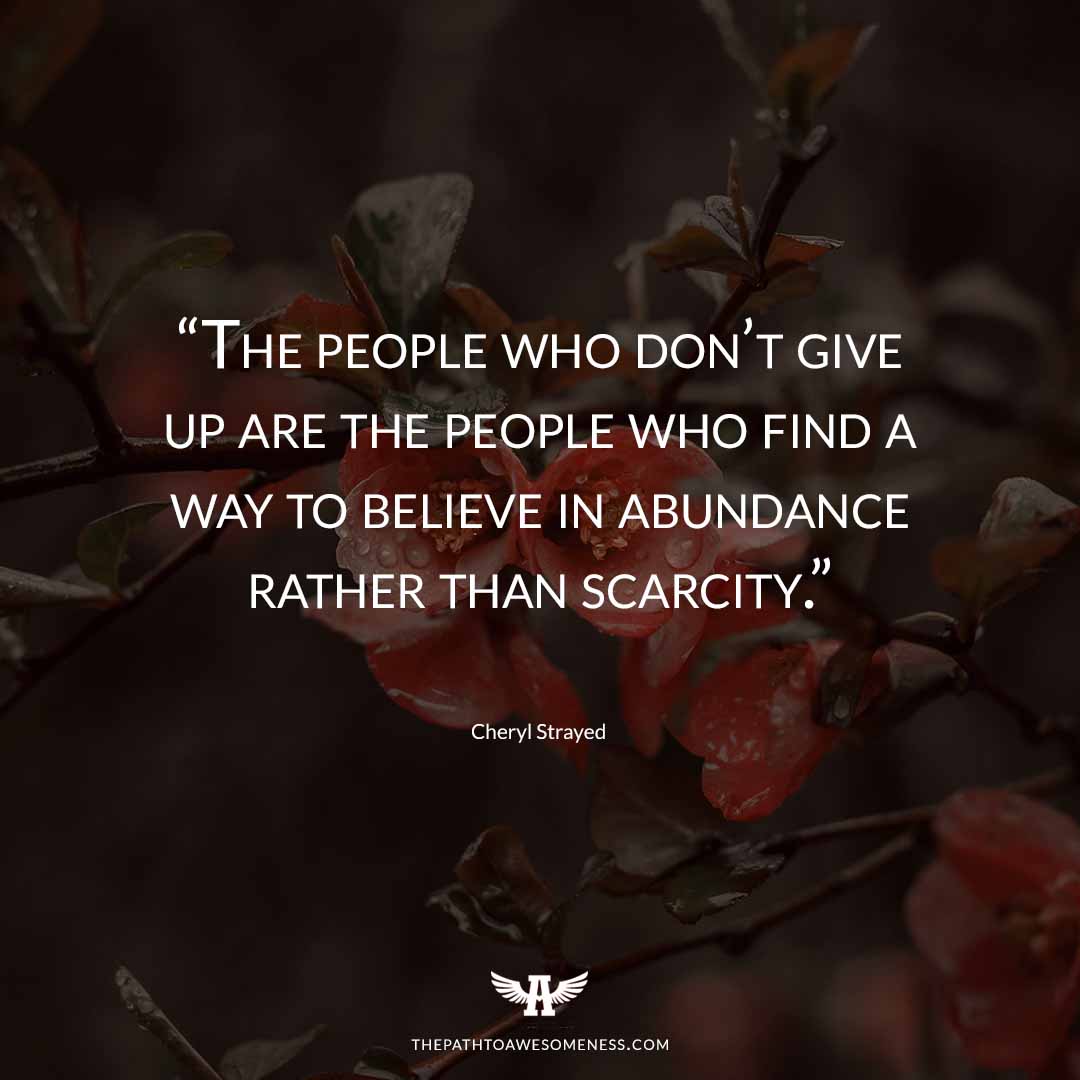
The Truth: Sufficiency
When you let go of trying to get more of what you don’t really need, it frees up oceans of energy to make a difference with what you have. When you make a difference with what you have, it expands.
Sufficiency isn’t an amount at all. It is an experience, a context we generate, a declaration, a knowing that there is enough, and that we are enough.
The answer to the hanging question: Yes, there is another way — “the way, the truth, and the life” of sufficiency. Love that word!
Wealthy or rich doesn’t mean “more” but rather “sufficient.” Lynne clarifies that the word wealthy has its roots in well-being. And well-being is a state of sufficiency.
Lynne says it’s something inside us that we can call forward. It’s a conscious way of thinking about our circumstances.
In our relationship with money, it is using money in a way that expresses our integrity; using it in a way that expresses value rather than determines value.
Sufficiency says there is always enough. It doesn’t mean we shouldn’t strive or aspire for greater things. But that we must do so not from the standpoint of deficiency but sufficiency.
When we stand from the truth of sufficiency, we can turn our attention toward the inner resources that are always available to us as we face whatever external limitations confront us.
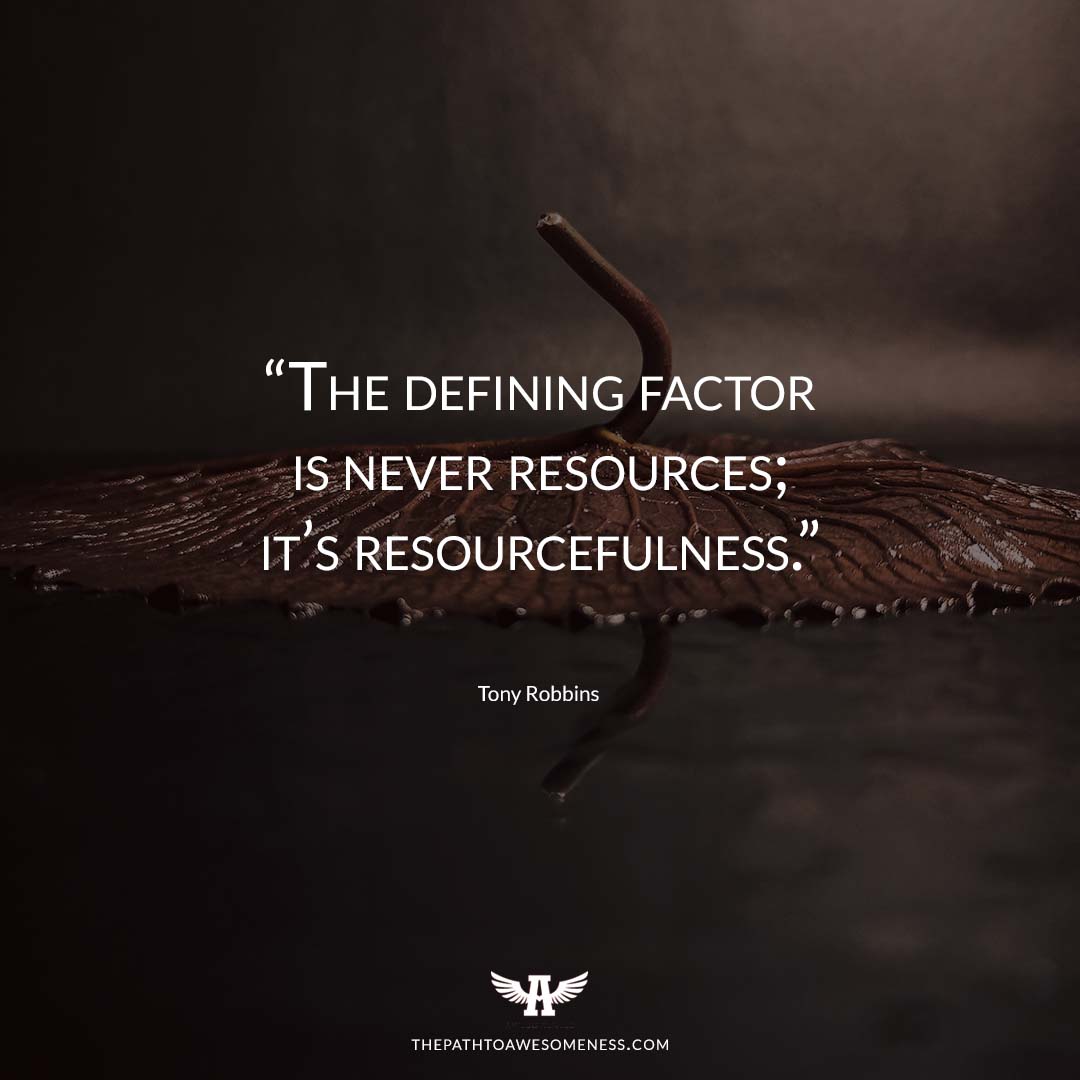
Allocation VS. Accumulation
Just as blood in the body must flow to all parts of the body for health to be maintained, money is useful when it is moving and flowing, contributed and shared, directed and invested in that which is life-affirming. When blood slows down and begins to stop or clot, the body becomes sick. When water slows down and becomes stagnant, it becomes toxic. Accumulating and holding large quantities of money can have the same toxic effect on our life.
From Lynne’s analogy, we can tell what happens next to those cells that take more than the healthy amounts of supply to the body — they become cancerous.
Doesn’t it similarly occur when we take and take and take more and more and more? Doesn’t it make us cancerous as well to the society we live in? Doesn’t it lead to a sick society?
In a healthy society where self-sustenance and self-sufficiency are the economic system principles, Lynne observed that the values of sharing, distribution, and allocation – not accumulation — are the way of life.
In those cultures, everything is shared and passed on from person to person with increasing value. That’s how the value accumulates — when it’s allocated for everyone.
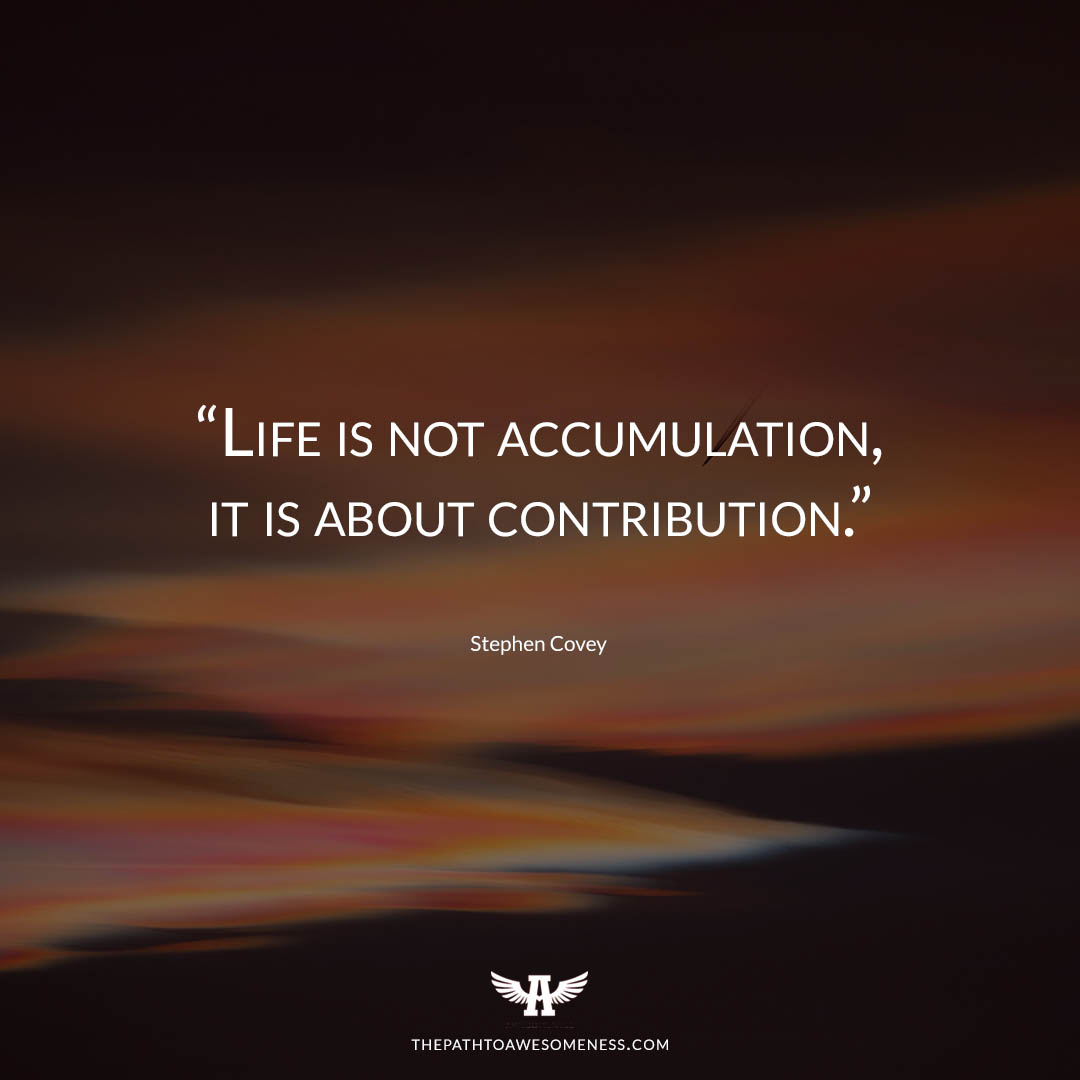
I’m seeing this kind of relationship being fostered in community-driven projects in the cryptocurrency space. They implement some type of mechanism, what’s known as the tokenomics of the coin, in such a way that all its “hodlers” benefit as the entire network grows.
In this manner, money distribution becomes decentralized. It doesn’t accumulate into one central point. Instead, it’s being allocated to everybody, each member of the society.
What You Appreciate, Appreciates
In the context of sufficiency, appreciation becomes a powerful, intentional practice of creating new value through our deliberate attention to the value of what we already have. Our attention enlarges and enriches our experience of whatever is before us.
In Secrets of the Millionaire Mind, T. Harv Eker sets the record straight: “Money will only make you more of what you already are.”
If you’re mean, money will make you meaner. If you’re kind, it will make you kinder. This is why people who feel empty with what they have feel emptier with having more.
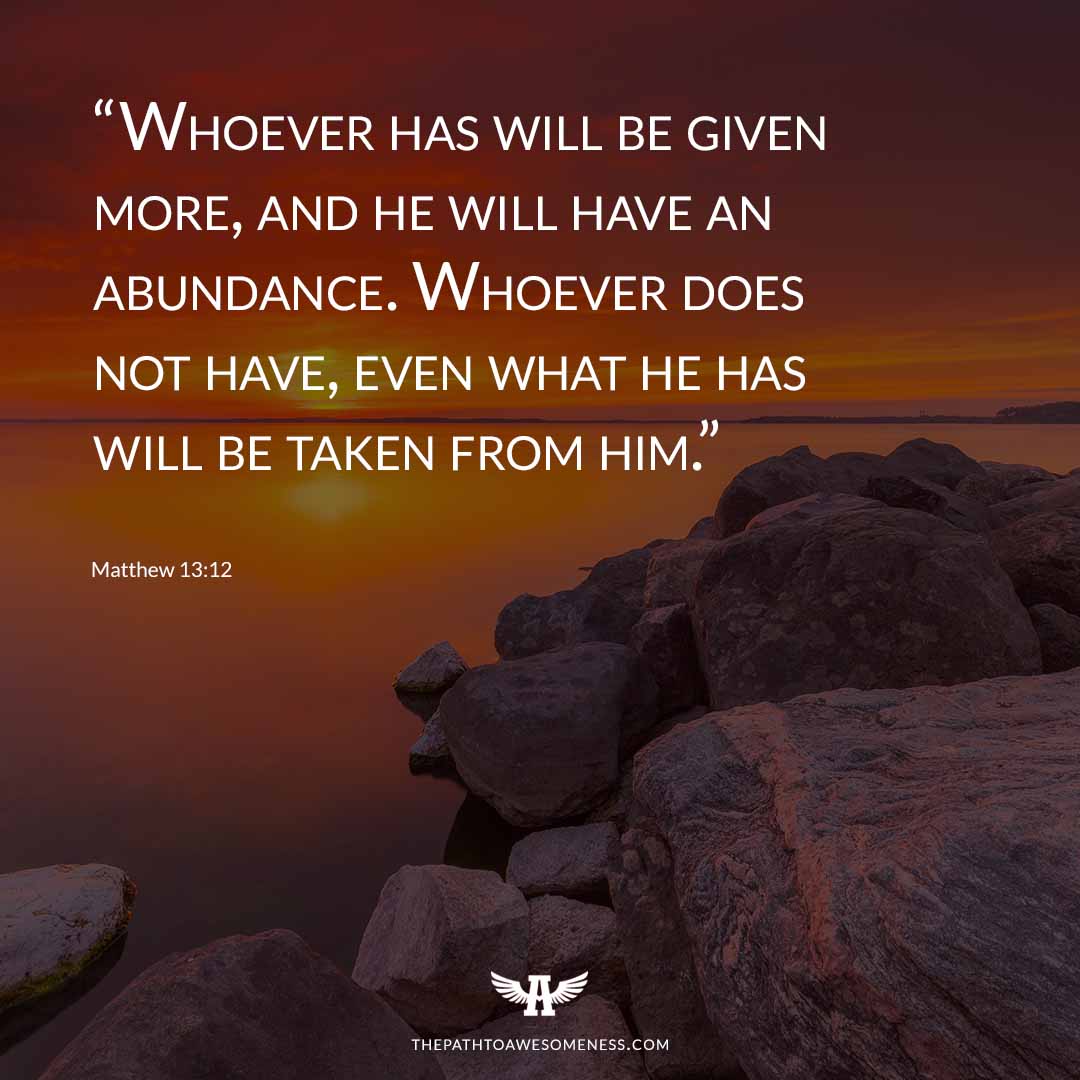
Money is a magnifier. It magnifies where you put your attention. It becomes who we are and what we are about.
Lynne tells us that when fear, anger, envy, and resentment become the focus of our attention, we become fearful, angry, envious, and resentful toward money.
But when we direct our attention to joy, creativity, courage, and integrity, we’ll also embody those qualities in our interaction with money.
Appreciate what you have and want more of in your life.
Collaboration Leads to Prosperity
Collaboration and reciprocity are natural, and yet in the world we inhabit, competition and the fear of scarcity often block us from seeing these ways of being with one another. In a you-or-me world, reciprocity and collaboration don’t fit. A you-and-me world is full of collaborators, partners, sharing, and reciprocity. In that world, our resources are not only enough; they are infinite. When we bring the practice of collaboration and reciprocity into conscious view in everyday life, a kind of alchemy and prosperity await discovery all around us.
Of the many stories that Lynne shares in the book, the one that demonstrated the power of collaboration got me goosebumps!
It was on a Friday night when the brakes on her car failed as she was returning home to San Francisco. In search of an automotive repair shop, she stopped by a closed garage that at the time was hosting a party for 30-40 people.
It so happened that the piano player was a no-show and the party people would only bother to assist Lynne if she could play them the piano.
And guess what? Lynne is a piano player! Synchronicity in action, eh? Long story short, she did play for them and her car got fixed after.
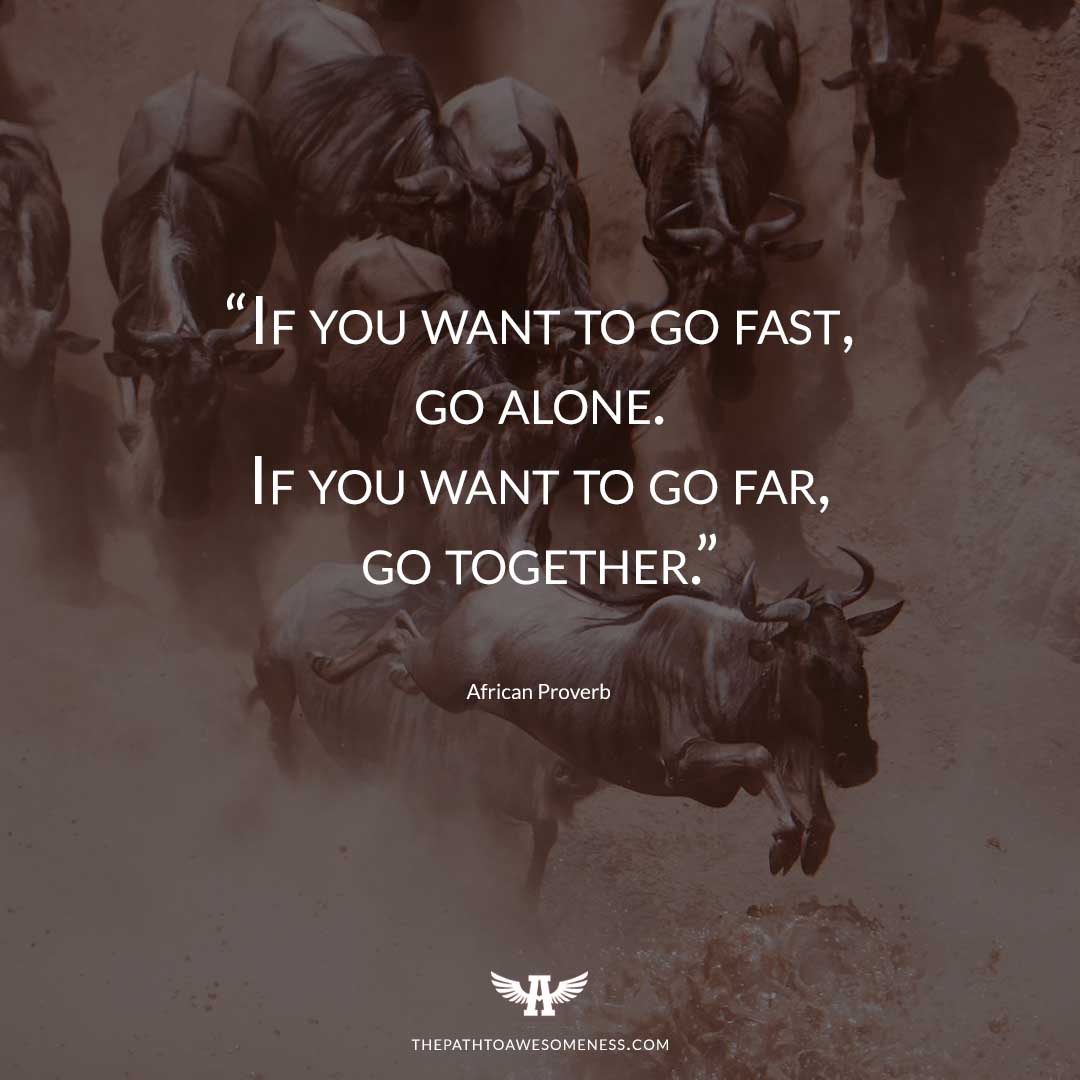
Collaboration goes hand in hand with sufficiency. Lynne says it grounds us and leads us to sufficiency.
As collaborators, each one of us has something to offer and contribute to the whole. We are enough and have enough, yet collaboration allows us to be more, do more, and have more.
Philanthropy for All
We think of philanthropy, and it’s often a word reserved only for the rich; but I see all these acts of generosity, sharing, and kindness as philanthropy, and we’re all capable of participating in it all the time.
Did you think philanthropy was reserved only for the richest people? I thought so, too.
Here’s a big reveal coming from Lynne’s fundraising experiences: Some of the world’s renowned philanthropists don’t have huge amounts of money.
As a matter of fact:
According to the Giving USA Annual Report on Philanthropy, in the year 2000 more than $200 billion was given to the not-for-profit sector, and of that $200 billion only 5 percent came from corporations, 7 percent came from foundations. Eighty-eight percent came from individuals. So the bulk of the giving and generosity comes from individuals, and of those people who give 88 percent of the money, 75 percent of them made less than $150,000 a year.
Surprising, eh? Well, that’s what collaboration can do.
Lynne also clears away the misimpression that it’s people with resources that are giving to people without resources. But the way it really works is people bringing together their resources to realize a common vision.
And by “resources,” we’re not only talking about money. Money is only one resource. Time and effort are also valuable resources. So are talents and skills, and passion and devotion to the vision.
We’re all philanthropists in our own way. Even the smallest act can be an act of philanthropy.
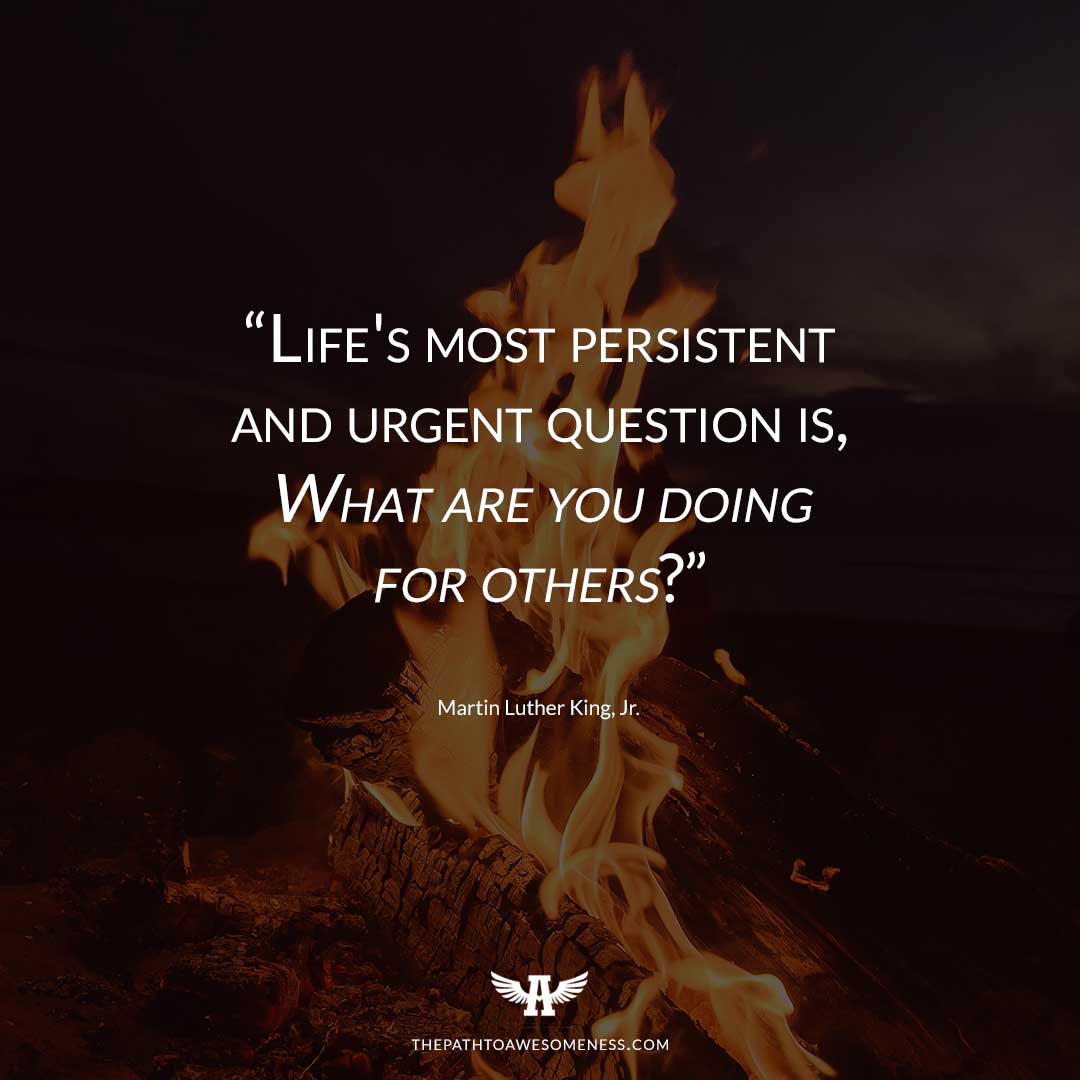
Change the Dream
I have looked deeply into what our dream is and where it comes from. I have seen that we must redream, learn to question the cultural dream of more and begin to create a dream and a future that is consistent with our reverence toward, respect for, and affirmation of life. Changing the dream may really mean to see the world completely differently—as indigenous people do. They see a world that is totally sufficient, animated with spirit, intelligent, mystical, responsive, and creative—constantly generating and regenerating itself in harmony with the great diversity of resources that support and collaborate with one another through the mystery of life. They see human beings as part of that great mystery, each human being having an infinite capacity to create, collaborate, and contribute.
When it comes to money, the conversation often goes around something along the lines of “be practical,” or “be realistic.”
Little do we question or examine what is “real”. And a little more do we realize that what appears real was first imagined – a dream. So if we wish to change our reality, we have to change the dream.
In his classic bestseller, The Four Agreements, Don Miguel Ruiz says we are Dream Masters and our lives are the manifestation of our dream. He tells us that we can change the dream by making different choices.
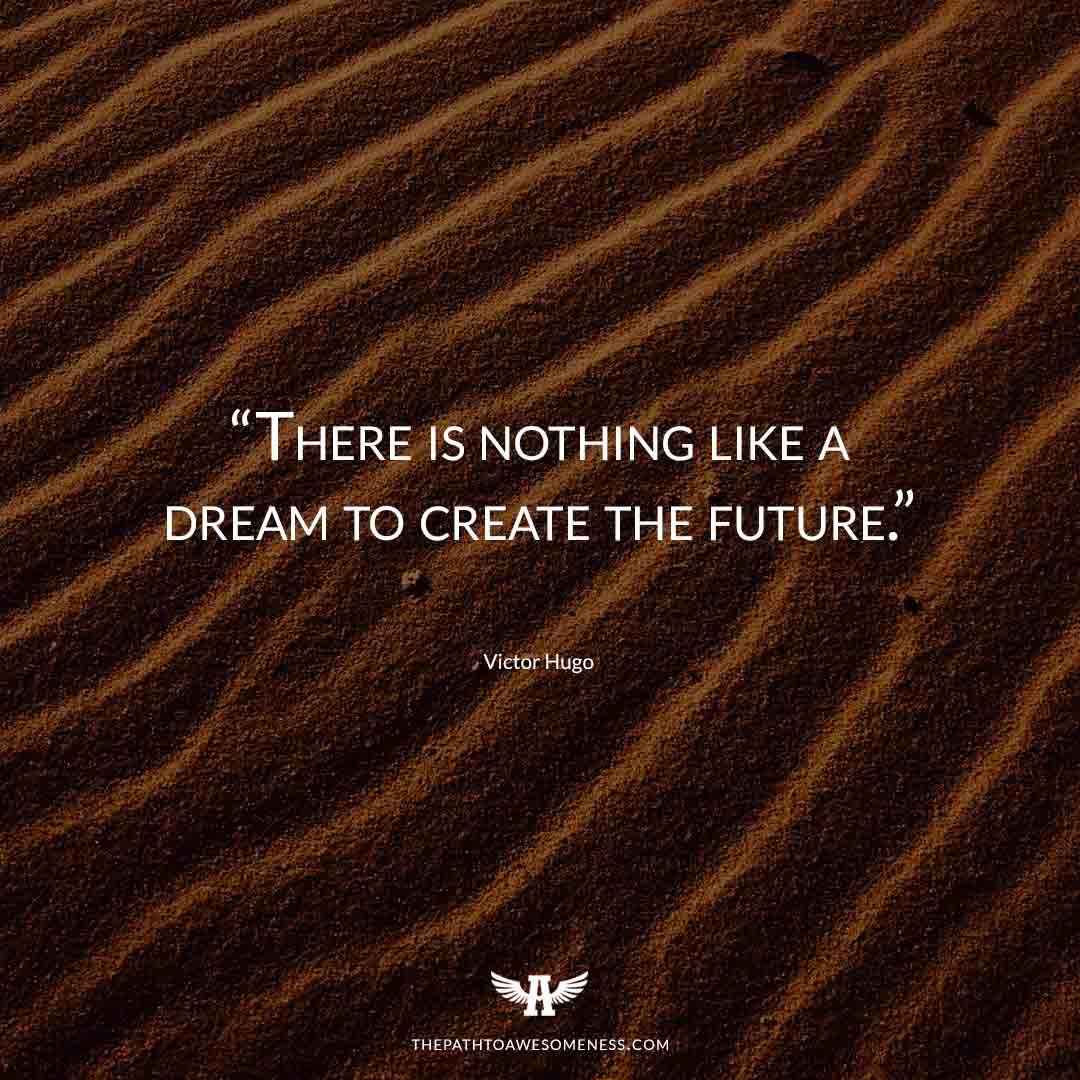
We can begin by rewriting the “life sentences” to change the narrative of our stories. Lynne writes some for us:
- Money is like water. It can be a conduit for commitment, a currency of love.
- Money moving in the direction of our highest commitments nourishes our world and ourselves.
- When you make a difference with what you have, it expands.
- True abundance flows from enough; never from more.
- Money carries our intention. If we use it with integrity, then it carries integrity forward.
- Know the flow—take responsibility for the way your money moves in the world.
- Let your soul inform your money and your money express your soul.
The Caterpillar and The Butterfly
When I look at the inspired, devoted, and brilliant people at work in so many ways to repair and nourish the world, in families, communities, and sustainable enterprises everywhere on Earth, I see the imaginal cells of our own transformation. That’s us, people like me and people like you, people creating new ways, seeing new possibilities.
Lynne concludes The Soul of Money by sharing a wonderful analogy from biologist Elisabet Sahtouris who says that our evolution is like a caterpillar’s transformation into a butterfly.
In its early life, the caterpillar is in voracious overconsumption mode, consuming everything in sight. It can eat hundreds of times its own weight. At some point of its excessive phase, there begins the development of what’s called imaginal cells (sounds like imagination, eh?). These imaginal cells then start to connect and become the catalyst for the caterpillar’s metamorphosis. They become the “nutritive soup” from which the butterfly will soon emerge.
Beautiful!
The caterpillar and the butterfly are different expressions of the same being. So are we.
And we have reached the point of our own metamorphosis. Who knows, the covid pandemic could be the cocoon and we are becoming the imaginal cells from which a new way of being human forms.
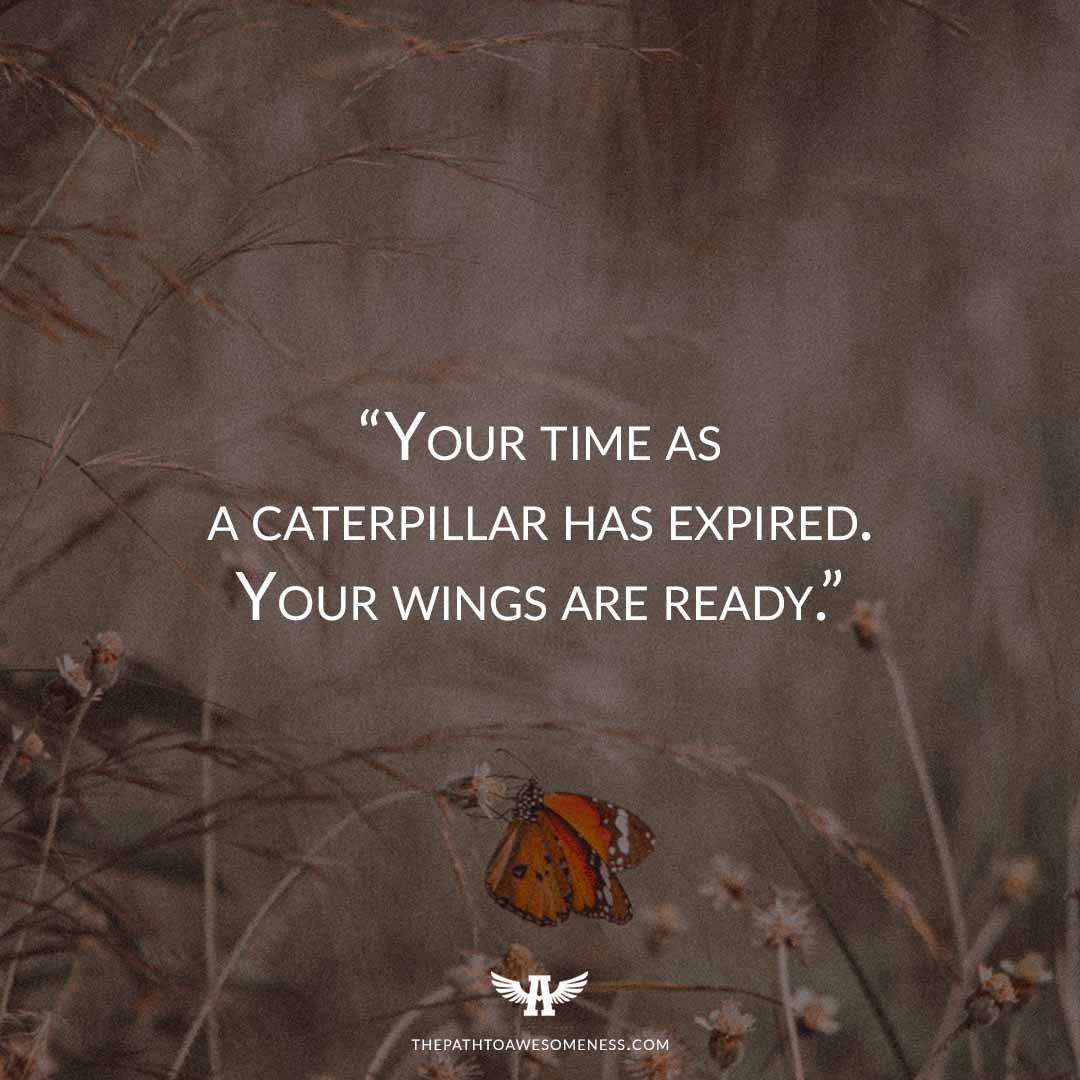
The ego and the soul are different expressions of being human. The time for expressing the ego has expired. We are now ready for something new, something different, something real — the soul.
Let’s spread our wings and fly!
The Soul of Money: Transforming Your Relationship with Money and Life
PS: Thank you for taking the time to read. Tell me, what insight most resonated with you?
Let me know by leaving a comment below.ABOUT THE AUTHOR
Lynne Twist is an award-winning speaker, author, fundraiser extraordinaire, consultant, executive coach, global activist, and sought-after interview for media appearances. Her widely-acclaimed book, The Soul of Money, Transforming Your Relationship with Money and Life is its second edition.
For more than 40 years, Lynne Twist has been a recognized global visionary committed to alleviating poverty and hunger and supporting social justice and environmental sustainability. From working with Mother Teresa in Calcutta to the refugee camps in Ethiopia and the threatened rainforests of the Amazon, Lynne’s on-the-ground work has brought her a deep understanding of the social tapestry of the world and the historical landscape of the times we are living in.
Visit her at soulofmoney.org





